5 Symptoms of Cracked Engine Block CarUpgrade
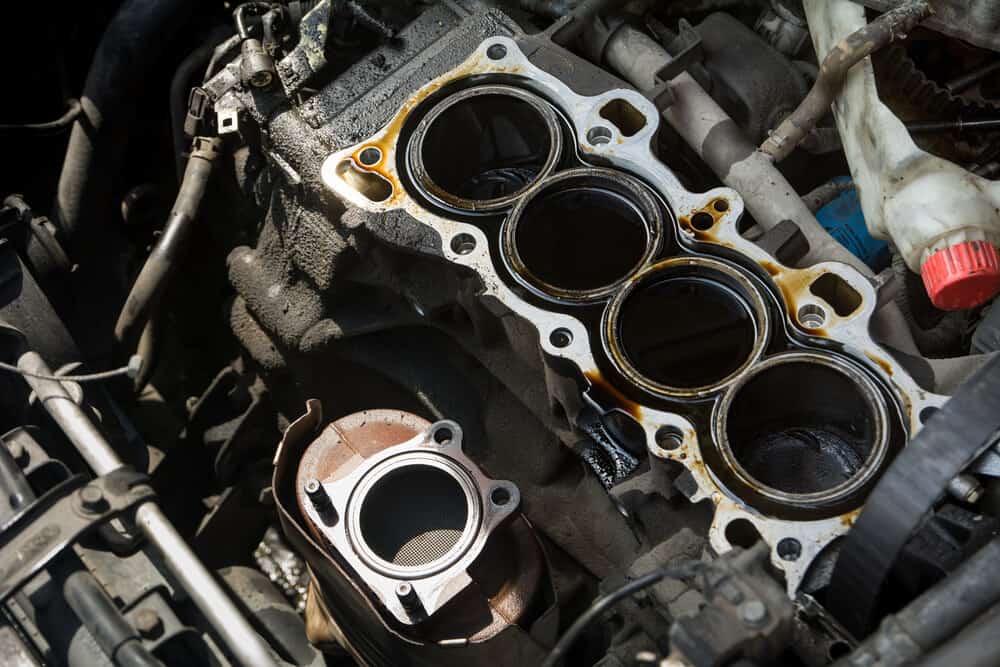
The causes of a cracked engine block. Low coolant - The most common cause of a cracked engine block is excessive heat. The role of engine coolant is to prevent the block from rising to dangerous heat levels and maintain a safe temperature range. Failed water pump - A vehicle's water pump is in charge of circulating coolant through the block.
Why Car Engine Block Crack pepdib

Most experts agree that it takes a minimum of 400-500 degrees Fahrenheit to cause cracking in an aluminum engine block. But keep in mind, this is the minimum temperature required to cause cracking - the actual breaking point could be much higher.
How to Diagnose a Cracked Engine Block
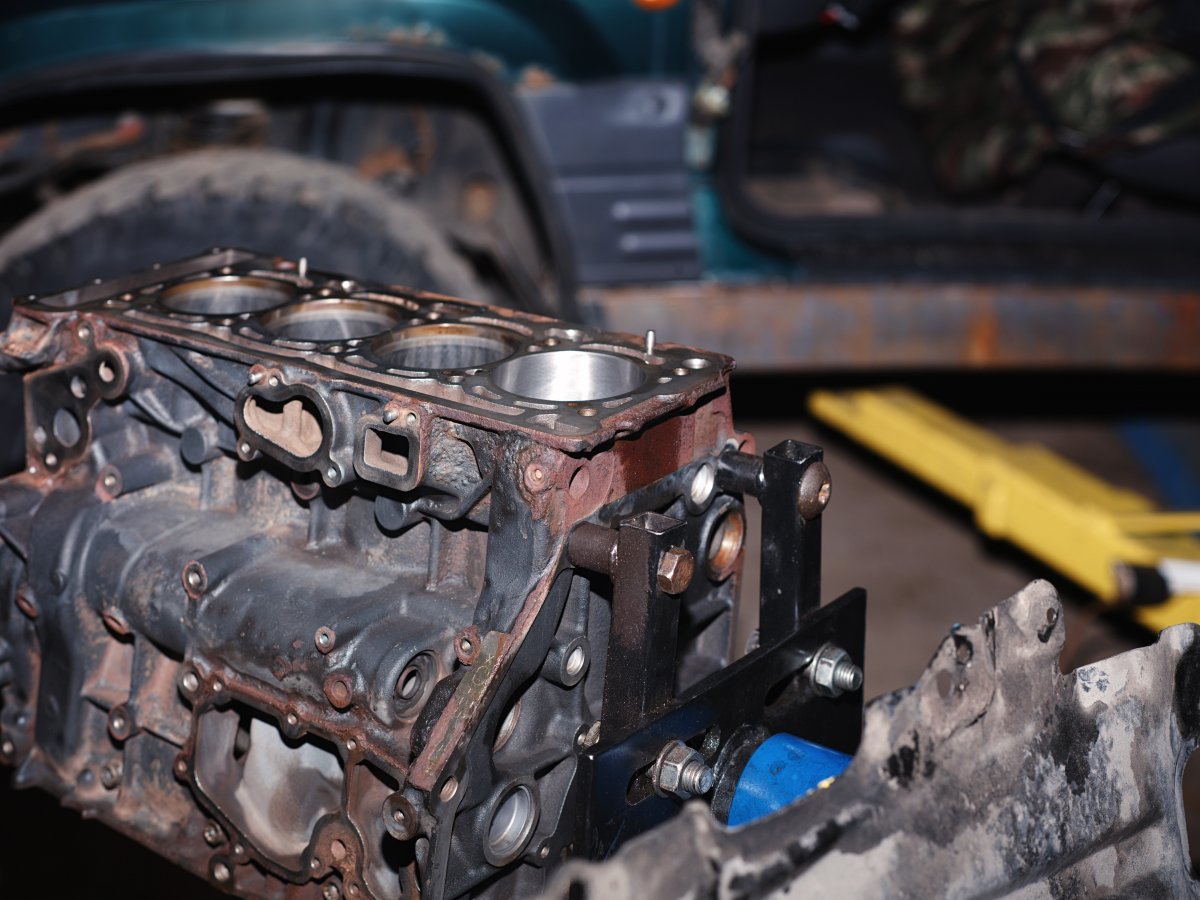
Why? Because unlike other engine issues that are simple to repair, like a bad fuse, a cracked radiator hose, or worn brakes. A crack in your engine block is a severe concern that often signals a costly repair (if a fix is even possible at all).
Crack engine block symptoms — causes and fixes REREV
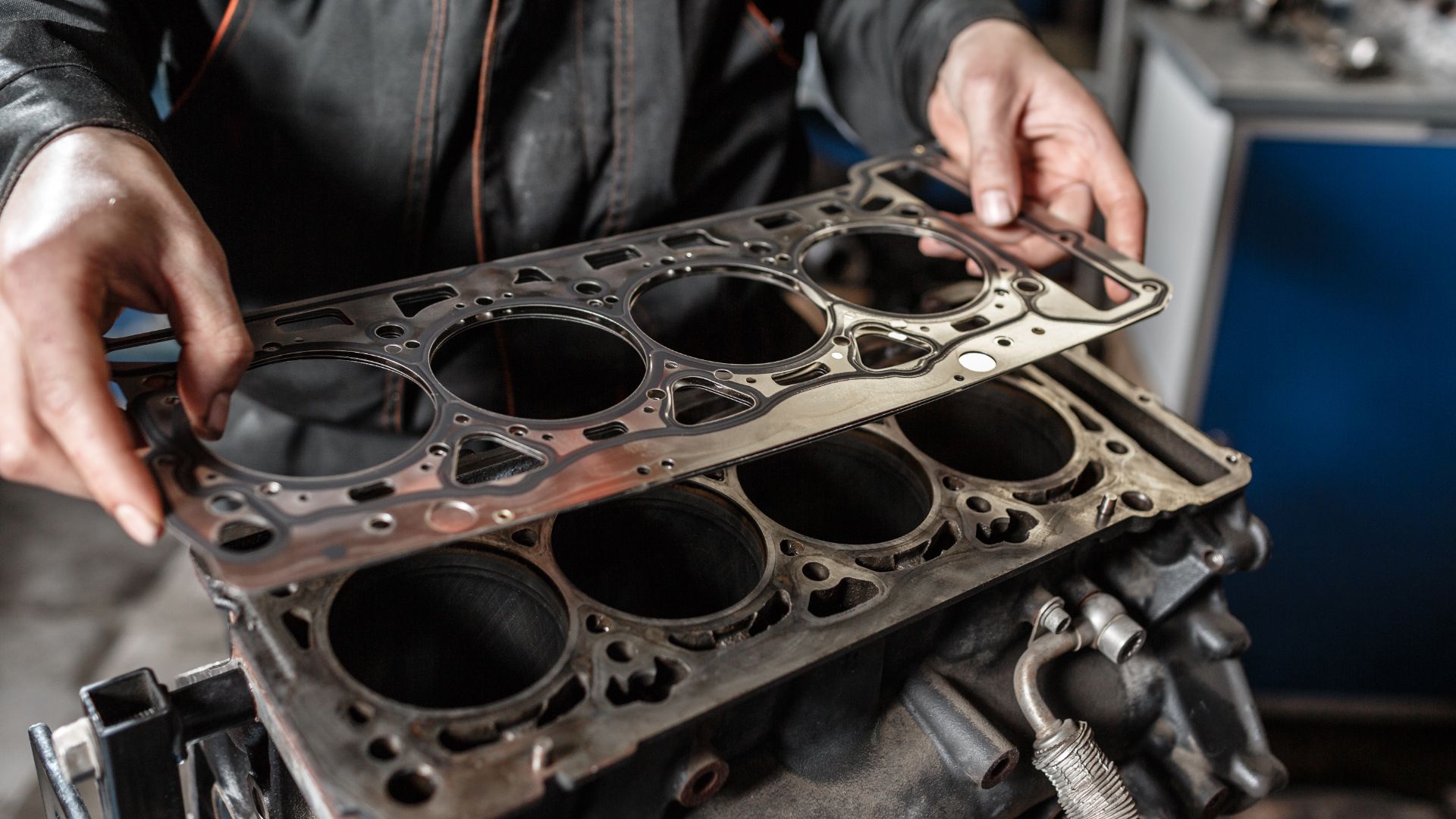
So, what are the signs of the cracked engine block? If you often see that the engine temperature is going into the red, you see colored exhaust smoke, or there is a problem with oil leaks, you may have a cracked engine block. But is that all?
Cracked Engine Block Symptoms, Causes, and Diagnosis In The Garage

A sinking feeling in the pit of your stomach is one of the first signs of a cracked engine block. Overheating, freezing, coolant and oil all over the ground are all signs that something is seriously wrong. The physical indicators of a faulty engine block can be clear at times and cryptic at others.
Cracked Engine Block, Signs, Causes and Ways to Repair It Autos Flux
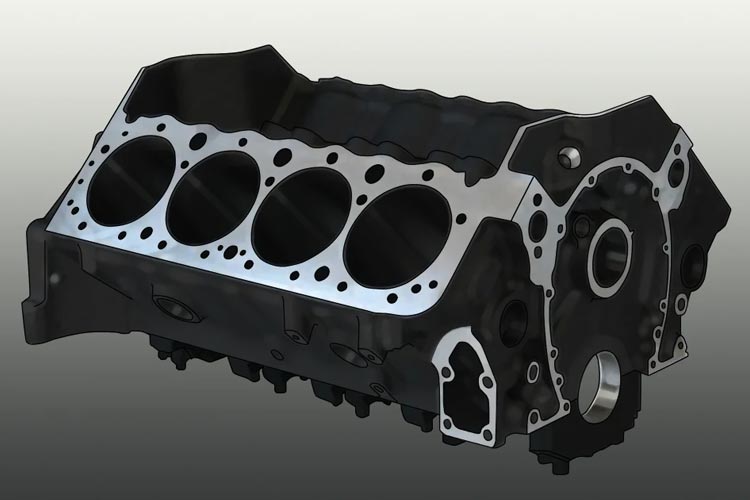
Yes, cracked engine blocks are repairable. However, repairs are not permanent. In other words, most automotive experts think that even though you can get away with a cracked engine block for a short time, you will end up needing to install either a new or rebuilt engine. According to experts at autos101.com, "Once there is a crack in the.
A cracked engine block in a vehicle is not What might seem

Causes of a Cracked Engine Block. Low Coolant; The most common cause of cracks in the engine block (according to most mechanics) is due to excessive heat. As a result, it expands and produces microscopic whispers that grow as the problem continues. The purpose of passing through the coolant block is to keep it within the safe temperature range.
Cracked Engine Block Symptoms, Causes, and Diagnosis In The Garage
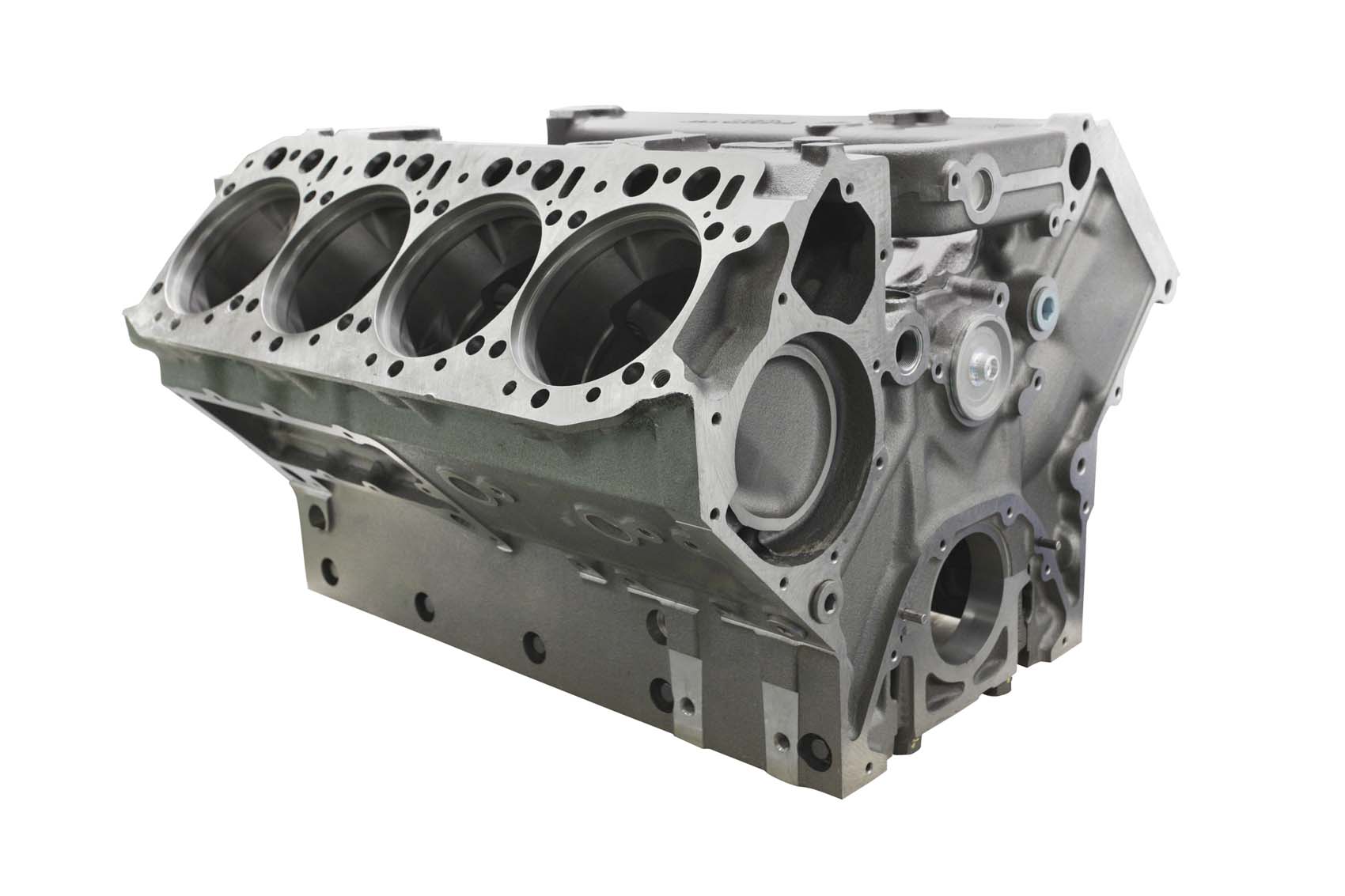
Several possible causes of a cracked engine block include overheating, corrosion, and improper maintenance. Overheating is the most common cause of a cracked engine block. As an engine runs, it produces immense amounts of heat, leading to thermal expansion and contraction cycles that weaken the metal over time.
Learn how to Repair a Cracked Engine Block Best Diy ideas Engine

When your engine block cracks, it can prevent the coolant in your car's cooling system from circulating correctly. If that coolant is not correctly circulating, it will not remove the heat from your engine as it should, and the car will overheat. Overheating could also signal a bad radiator or thermostat, but it might be a cracked engine block.
What To Do With A Cracked Engine Block Big Jar News

5 Cracked Engine Block Symptoms Smoke coming from the engine Your engine is overheating Poor engine performance Oil mixed with coolant or antifreeze You can see a crack in the block What Causes an Engine Block to Crack Faulty casting process during production Overheating Extremely cold temperatures You have a turbocharged or supercharged engine
Cracked Engine Block? Here’s How Much it Will Cost You
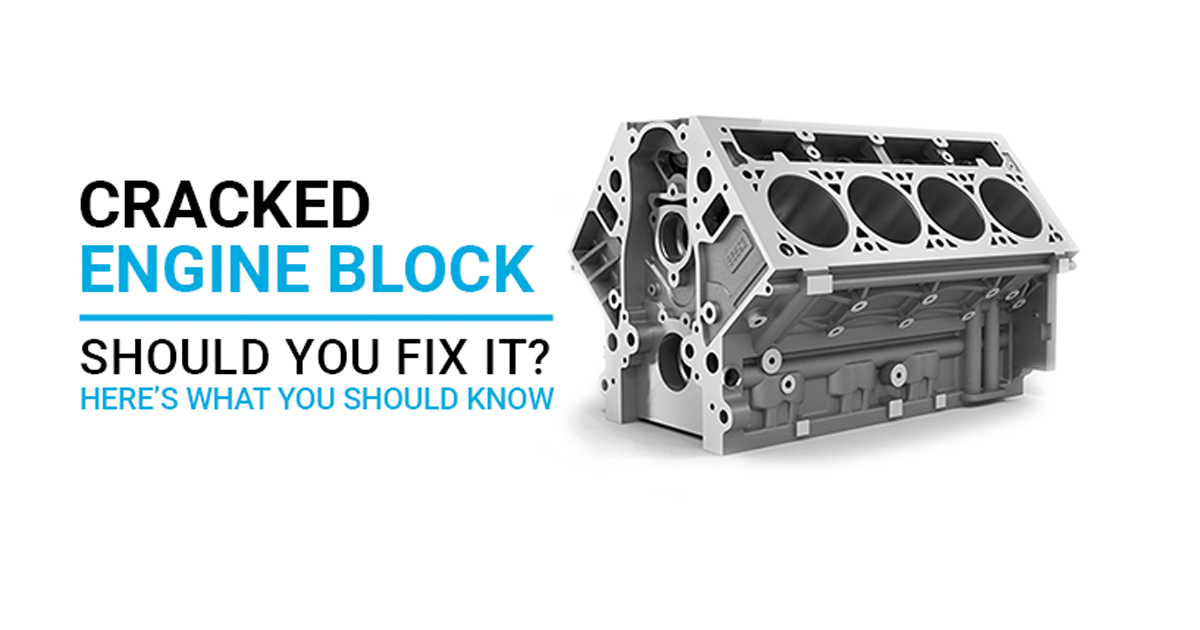
Cracked Engine Block: Symptoms, Causes, and Diagnosis - In The Garage with CarParts.com A cracked engine block can be a serious and costly problem for your car. Learn its symptoms, causes, and how to diagnose it in this guide.
How to repair a cracked engine block Auto Express
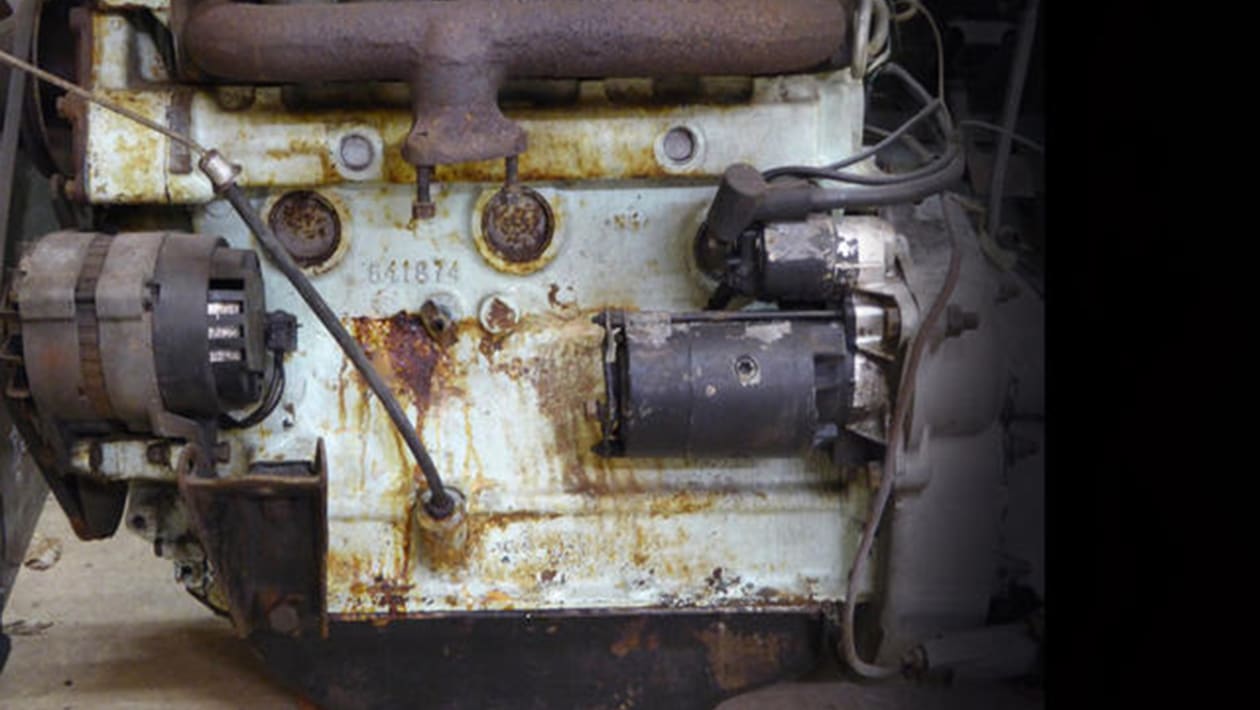
It is a rigid structure that contains cylinder blocks, cylinder liners, and crankshaft mainly as well as coolant passages and oil passages sometimes. The cylinder block works as a major power generator while the crankshaft uses the energy from the piston to convert it into rotational energy.
Cracked Engine Block Symptoms, Causes, and Diagnosis In The Garage

Common causes of a cracked engine block include: 1) Lack of oil changes You should have your oil changed every three months or 3,000 miles, whichever comes first. Not changing your oil regularly can cause small cracks to form in your engine block, eventually leading to the entire engine block cracking.
60 Second Problem Solver KSeal®
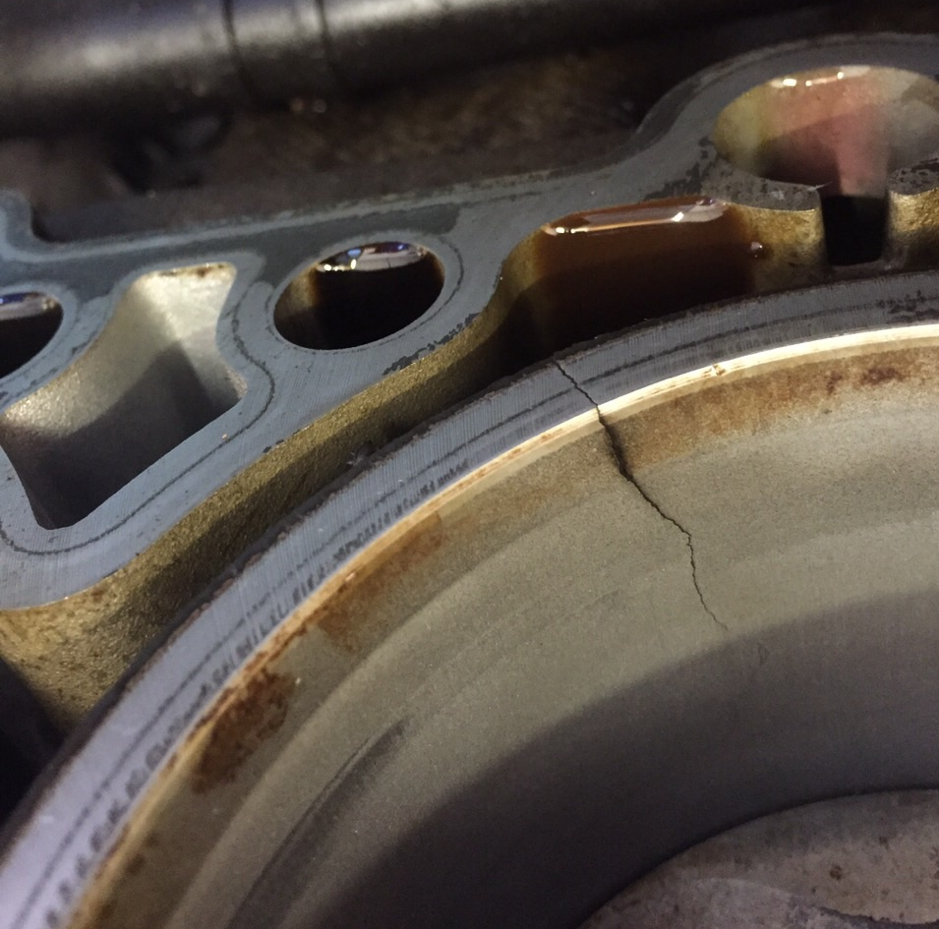
Crack engine block symptoms — causes and fixes Recognize the signs of a cracked engine block and protect your vehicle's performance. Filip Gromovic September 27, 2022 | Your vehicle's engine block is a metal housing containing the pistons, cylinders, crankshaft, and con-rods.
Cracked Engine Block Now What? NO Car NO Fun! Muscle Cars and Power

When we say an engine block has "cracked," we usually refer to either the outside of the block or the channels carrying oil and coolant. These develop hairline cracks and usually lead to oil and coolant leaking or mixing. Engine blocks tend to crack as a result of our old friend overheating.
The real causes for a cracked engine blocks in car Engine block

1. Visible Damage One of the most obvious signs of a cracked engine block is visible damage. You may notice cracks or holes in the engine block itself, or in other parts of the engine such as the cylinder head or exhaust manifold. In some cases, the damage may be so severe that you can see coolant leaking from the engine. 2. Overheating Engine